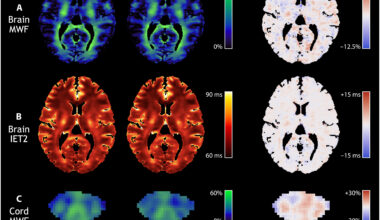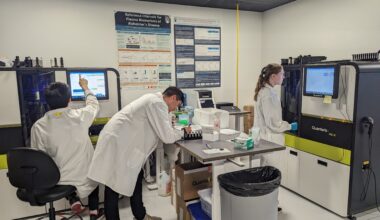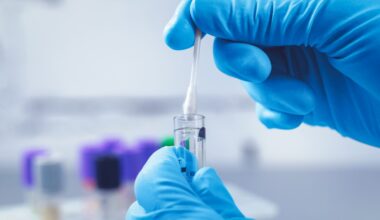Pictured (clockwise from back): Dr. Anthony Phillips, Dr. Soyon Ahn, Maya Nesbit and Haiyan Zou.
When a person living with an opioid addiction begins the process of detoxifying, they are met with withdrawal symptoms which are often so painful the person relapses. Illicit drug use is a serious public health concern; in British Columbia alone, more than 1,500 people lost their lives to overdoses in 2020.
In a recent paper published in Scientific Reports, DMCBH member Dr. Anthony Phillips and his team at UBC make great strides in addressing this issue by studying a botanical formulation shown to reduce withdrawal symptoms.
Unlike typical pharmaceutical drugs, Heantos-4 is comprised of herb extracts, deeming it a botanical formulation. To date, 10,000 people in Vietnam have safely used this formulation during the first five to seven days after they stop taking opioids, and it’s been shown to prevent many of the unpleasant symptoms typically associated with this detoxification phase.
Dr. Phillips first visited Vietnam over a decade ago with his colleague Dr. Michael Krausz, BC Leadership Chair in Addiction and Professor in UBC’s Department of Psychiatry, and saw first-hand the positive effect of this botanical formulation. The challenge, however, was that little foundational research had been done to discover how Heantos-4 actually effects the brain.
“Much of what we encountered with Heantos-4 was based on anecdotal clinical evidence, but I wanted to place these finding on a firm scientific foundation,” says Dr. Phillips. “Our paper now provides a very solid biological foundation based on principles of neuropharmacology such as a confirmed mechanism of action and measures of bio-distribution in blood plasma and brain. These new data provide important new insights as to how this botanical formulation truly works to ease the discomfort of opioid withdrawal.”
The first step was determining the mechanism by which Heantos-4 is able to reverse withdrawal symptoms. It’s well established that a person going through withdrawal is deficient in the neurotransmitter dopamine. Using animal models, Dr. Phillips and his team were able to show that after inducing this suppression of dopamine with naloxone, administering Heantos-4 activated the dopamine system, thereby enhancing dopamine release, while simultaneously lessening the symptoms of withdrawal.
The second step was finding a biomarker—a chemical in the botanical formulation that could be found in both the blood and brain following ingestion of Heantos-4. Using mass spectroscopy, the team was able to show l-tedtrahydropalmatine (l-THP) —a single molecule found in the Heantos-4 formulation—was detected in the brain and blood of rats, successfully securing its role as a biomarker. In addition, it was found that l-THP alone could activate the dopamine system and reduce symptoms of withdrawal.
“We didn’t invent this compound ourselves, that credit goes to the talented scientists in Vietnam,” says Dr. Phillips. “Fortunately, with their full collaboration, we were able to use our specialized research capacity and knowledge of the neurobiology of substance misuse to show their botanical formulation does indeed have a solid biological foundation. If we’re successful in bringing this to Canada, it will be the first innovative non-opioid medication available in North America, to address detoxification from opioids, a key barrier to clinical management of opioid use disorder.”
Dr. Phillips and his team, along with Dr. Michael Krausz, are already planning a safety study of this botanical formulation here in Canada this year, with approval from Health Canada for the use of Heantos-4 in clinical settings.
“As most people are aware, the opioid overdose crisis represents the second major public health crisis on our hands, but unlike the situation with COVID-19, medical science has yet to provide innovative new tools for dealing with issues of drug withdrawal or relapse,” says Dr. Phillips. “We’re hopeful that Heantos-4 will be an essential new tool in our clinical toolbox in the near future.”


